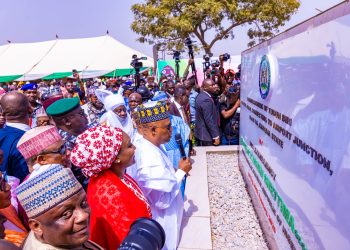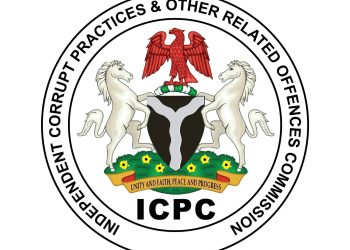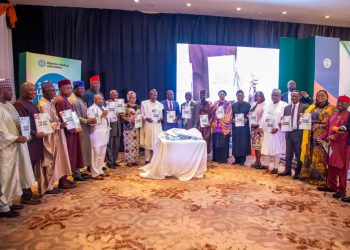By Nkechi Eze
As the world observes International Anti-Corruption Day 2024, the Civil Society Legislative Advocacy Centre (CISLAC) is urging collective action to combat corruption in Nigeria. CISLAC highlights the crippling effects of corruption on Nigeria’s security, economy, and essential services, emphasizing the need for a unified front against this pervasive issue.
In a statement made available to newsmen, Ibrahim Musa Rafsanjani, Executive Director of CISLAC, commended the determination of Nigeria’s anti-corruption agencies in the face of numerous challenges, including political interference, limited resources, and personal risks, while emphasizing on the urgent need for nationwide support to empower these agencies and sustain their fight against corruption.
CISLAC has sounded the alarm on corruption’s devastating impact on Nigeria’s security framework. The organization revealed that billions of naira earmarked for counterterrorism efforts have been embezzled, resulting in ill-equipped troops and the growing influence of insurgent groups like the Lakarawas.
A collaborative report by CISLAC and Transparency International uncovered the diversion of $8.9 million in military funds, further undermining public trust. Moreover, over 4.3 million internally displaced persons (IDPs) continue to suffer in dire conditions due to protracted insecurity, with severely limited access to essential services such as food, healthcare, and sanitation.
Corruption is having a devastating impact on Nigeria, threatening national stability, worsening poverty, and undermining governance, according to Auwal Ibrahim Musa Rafsanjani, Executive Director of CISLAC. The dire state of public services in Nigeria is alarming, with a mere 5% of the national budget allocated to healthcare, resulting in severe underfunding ¹. Furthermore, millions of Nigerians lack access to clean water, and a staggering 20 million children are out of school, the highest number globally.
CISLAC also decried the abandonment of critical projects like Kano’s Hasiya Bayero Pediatric Hospital and the failure to provide potable water for over 70 million Nigerians.
“The mismanagement of funds intended for healthcare, water, and education deepens inequality and perpetuates poverty,” the organization warned.
On Economic Corruption and Oil Theft
The statement shed light on Nigeria’s massive economic losses, including $1.5 billion lost monthly to oil theft and $4 billion annually to tax evasion by multinational corporations.
The theft of 400,000 barrels of oil daily was also highlighted and a call for a more strict oversight of the banking sector to curb money laundering and terrorism financing was made.
There was also a call for robust enforcement of the Public Procurement Act to ensure transparency and fairness in government contracting. The organization also advocated for regulatory frameworks to monitor constituency projects and ensure that allocated funds benefit local communities.
Corruption in the judiciary, political interference, and the erosion of civic space were also flagged as major concerns.
Rafsanjani urged the government to repeal laws that stifle free speech and to protect journalists, activists, and whistleblowers who expose corruption.
CISLAC has proposed sweeping reforms to tackle corruption in Nigeria, focusing on strengthening anti-corruption laws, promoting transparency, and encouraging civic engagement.
According to Auwal Ibrahim Musa Rafsanjani, Executive Director of CISLAC, public awareness campaigns are crucial in empowering citizens to demand accountability from public officials. Rafsanjani emphasized that corruption is the biggest hurdle to Nigeria’s socio-economic progress, stressing the need for a united front against corruption.















